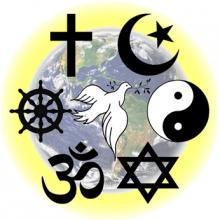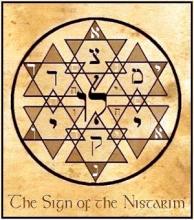Young Jewish Professional Events
Jewish culture is all about community, though in the modern day it has had trouble accounting for demographics that mostly didn't exist before the 20th century. While Jewish organizations like synagogues, community centers and college campus Hillel give plenty of social options for Jewish youth and families, their programming tends to drop off considerably for unmarried individuals who no longer attend school. The young Jewish professional is among the least likely Jewish demographic to participate in any kind of religious community, be it joining a synagogue or participating in local events. After all, why should they take part in a community that does little to meet their needs, either spiritually or socially? The challenge for modern Jewish organizations is not how to draw young professionals to their existing structures, but deciding what kinds of new programming they can launch to appeal to this woefully under-serviced group. The following are a few ideas for young Jewish professional events, whether in an established organization or as a stand-alone activity.



